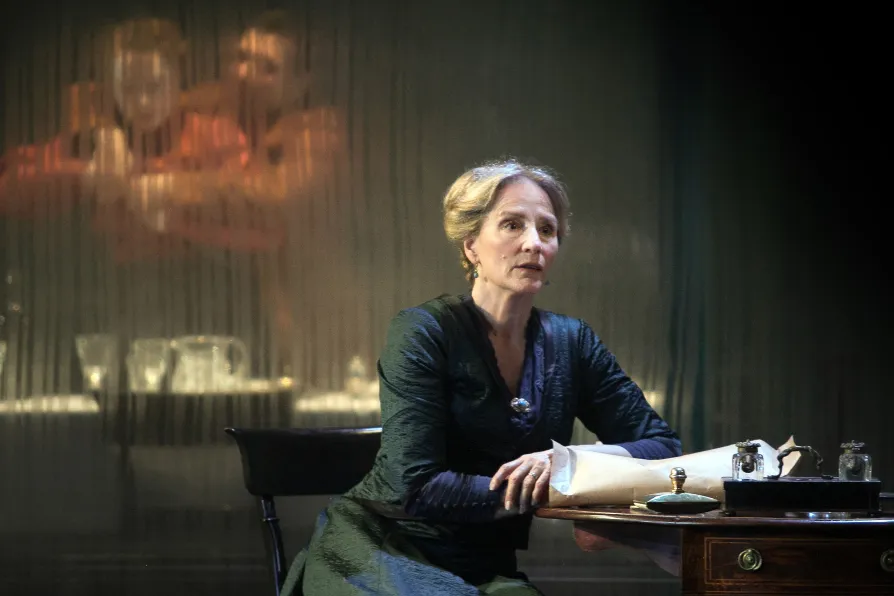CHRIS SEARLE welcomes a new book that makes working class history come alive in a true story of human flesh and aspiration

 Troubled matriarch: Penny Downie as Helen Alving
[Sheila Burnett]
Troubled matriarch: Penny Downie as Helen Alving
[Sheila Burnett] “TO LIVE is to battle with trolls in the vaults of heart and brain,” Henrik Ibsen opined in the privacy of a letter when writing Ghosts. “To write: this is to sit in judgement over oneself.”
Publicly, though, he argued that “in none of my plays is the author so completely absent as in this last one.”
But most telling of all is neither of these statements but the contradiction between them. The Royal and Derngate’s production of Ghosts, in a new adaptation by Mike Poulton, brings the play’s message of the conflict between the public and private spheres to the fore.

CONRAD LANDIN offers a guide to the diverse shows at Edinburgh Art Festival

















